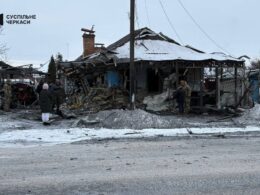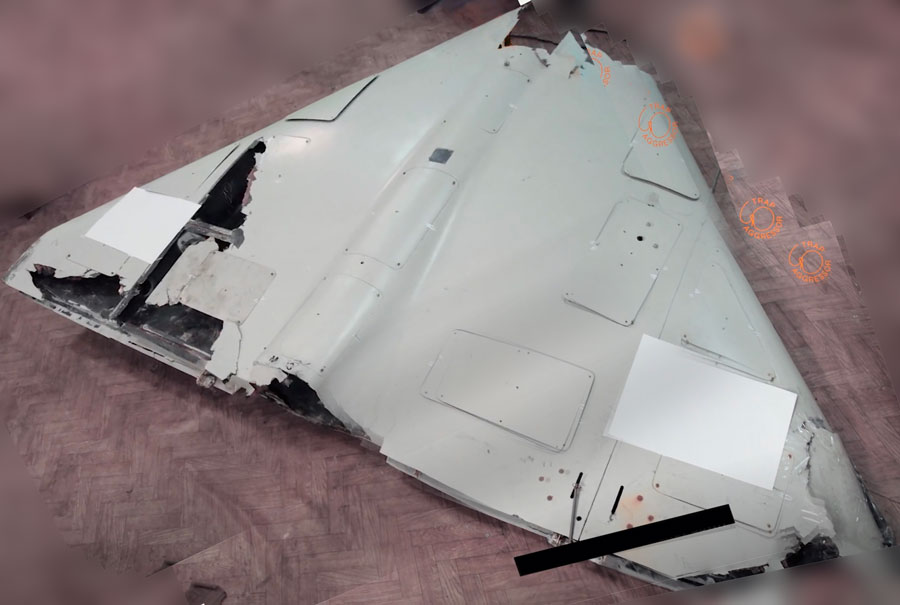Belgium, home to NATO's headquarters, has acknowledged the security problem to counter waves of drones spotted in many European states this fall. The country has admitted it is struggling to deal with the targets spying on a critical military base that hosts its advanced fighter jets, Business Insider reports.
Theo Francken, the Belgian defense minister, said on 2 November that the country detected at least three large drones flying high above the Kleine-Brogel air base in a single night.
Drones in the sky over Kleine-Brogel, where nuclear weapons are reportedly stored
The base, in northeastern Belgium, houses the country’s fleet of F-16 Fighting Falcons, and Brussels plans to station its new F-35 Lightning II aircraft there.
It is also believed that the US stores several dozen nuclear weapons at Kleine-Brogel as part of its nuclear deterrence strategy in Europe.
Francken said that a deployed drone jammer failed to neutralize the drones. He suggested that the failure might have been caused by issues with distance or by the jammer not being tuned to the correct radio frequency.
He added that a police helicopter and several vehicles were mobilized to pursue one of the drones, but they eventually lost track of it after following the system for several kilometers.
Francken said that “additional counter-drone air systems are urgently needed.”
The Kremlin's shadow over Europe
Although he did not specify who was operating the drones, European leaders have repeatedly suggested that Russia is behind a series of recent similar incursions into NATO territory.
On 28 October, Ukrainian President Volodymyr Zelenskyy said that Russia employed oil tankers to launch and control drones targeting European nations. This way, the launch of drones may be invisible.
Drone warfare experience from Ukraine is shaping Europe's new air defense
A series of incidents has pushed Europe to look for cost-effective ways to counter enemy drones, which are often much cheaper than the interceptors NATO has traditionally relied on for aerial threats.
Some NATO allies, including Denmark and Poland, have sought to strengthen their air defenses with help from Ukraine, which frequently faces hundreds of Russian drones in a single night.





